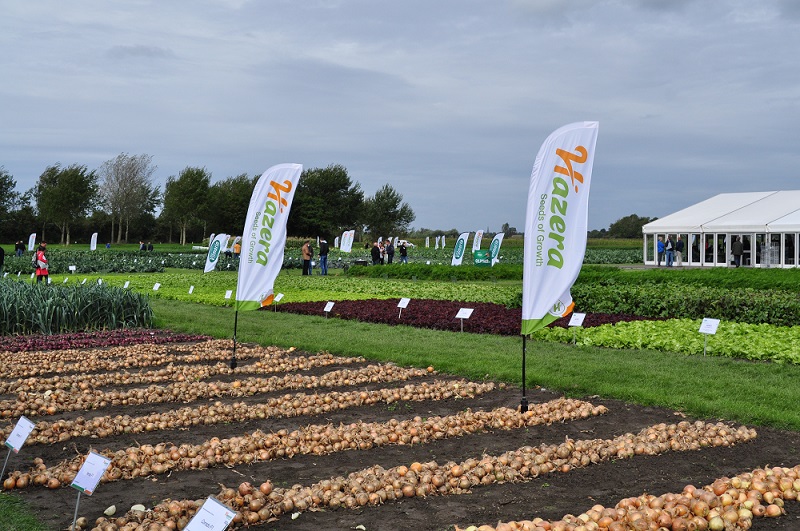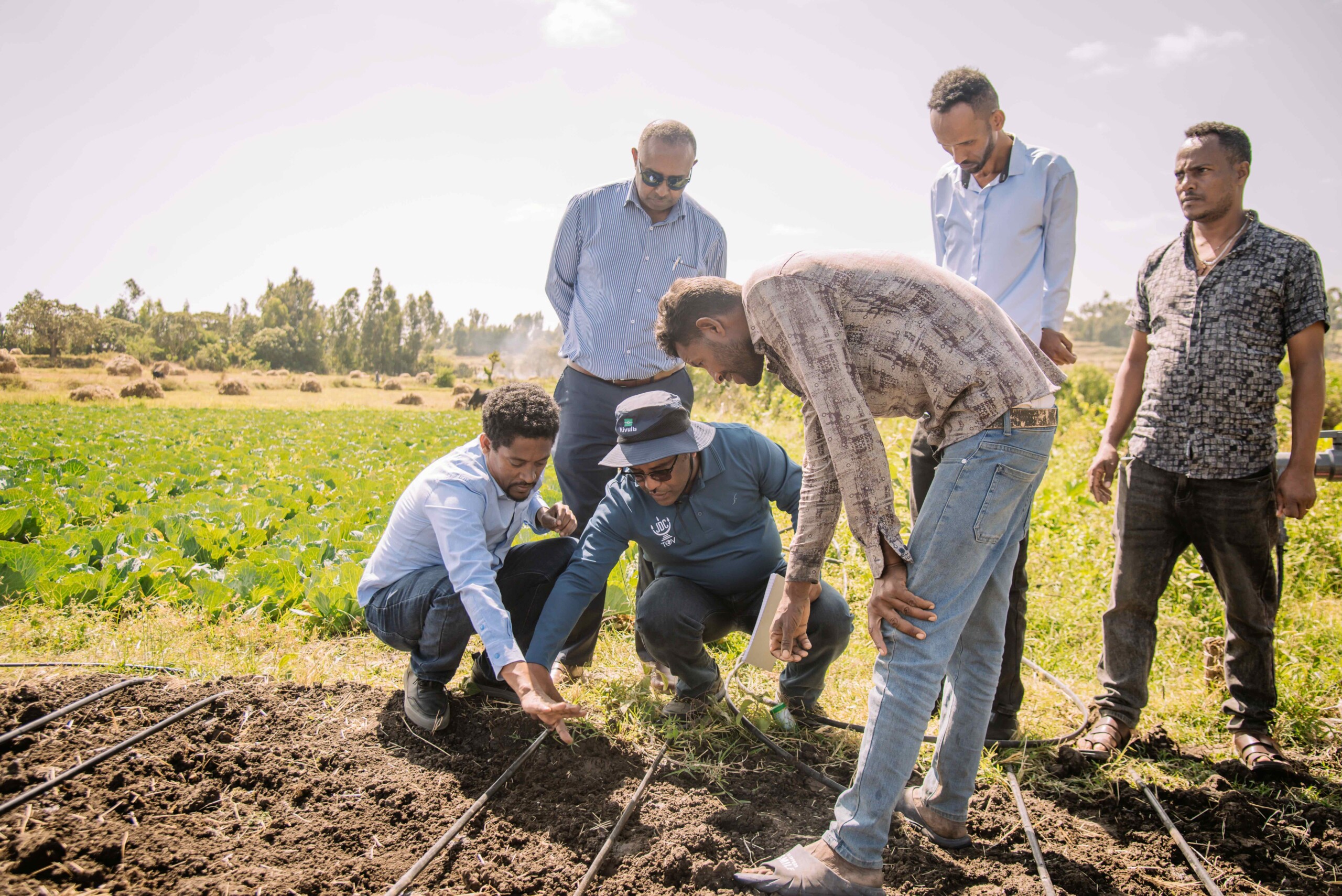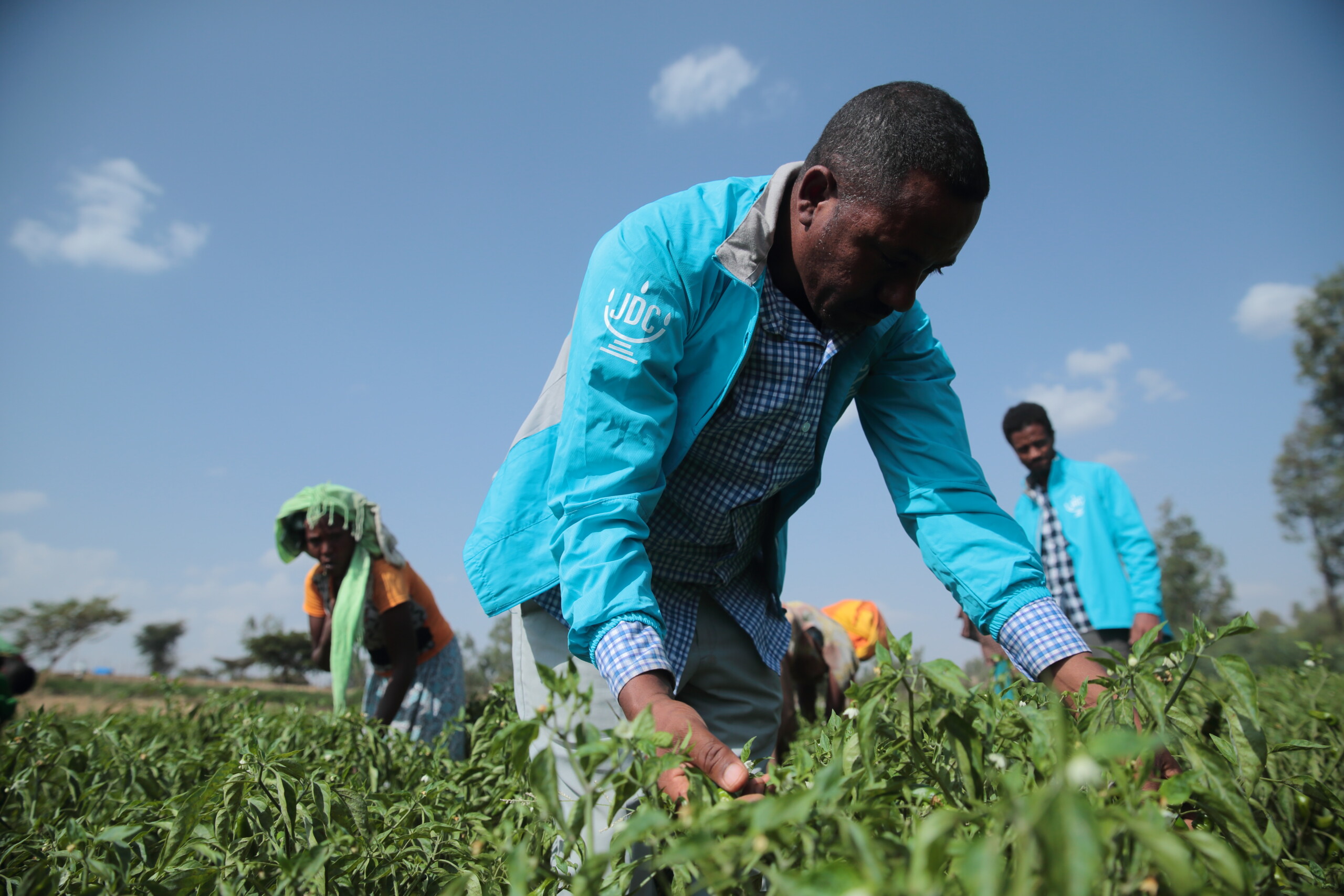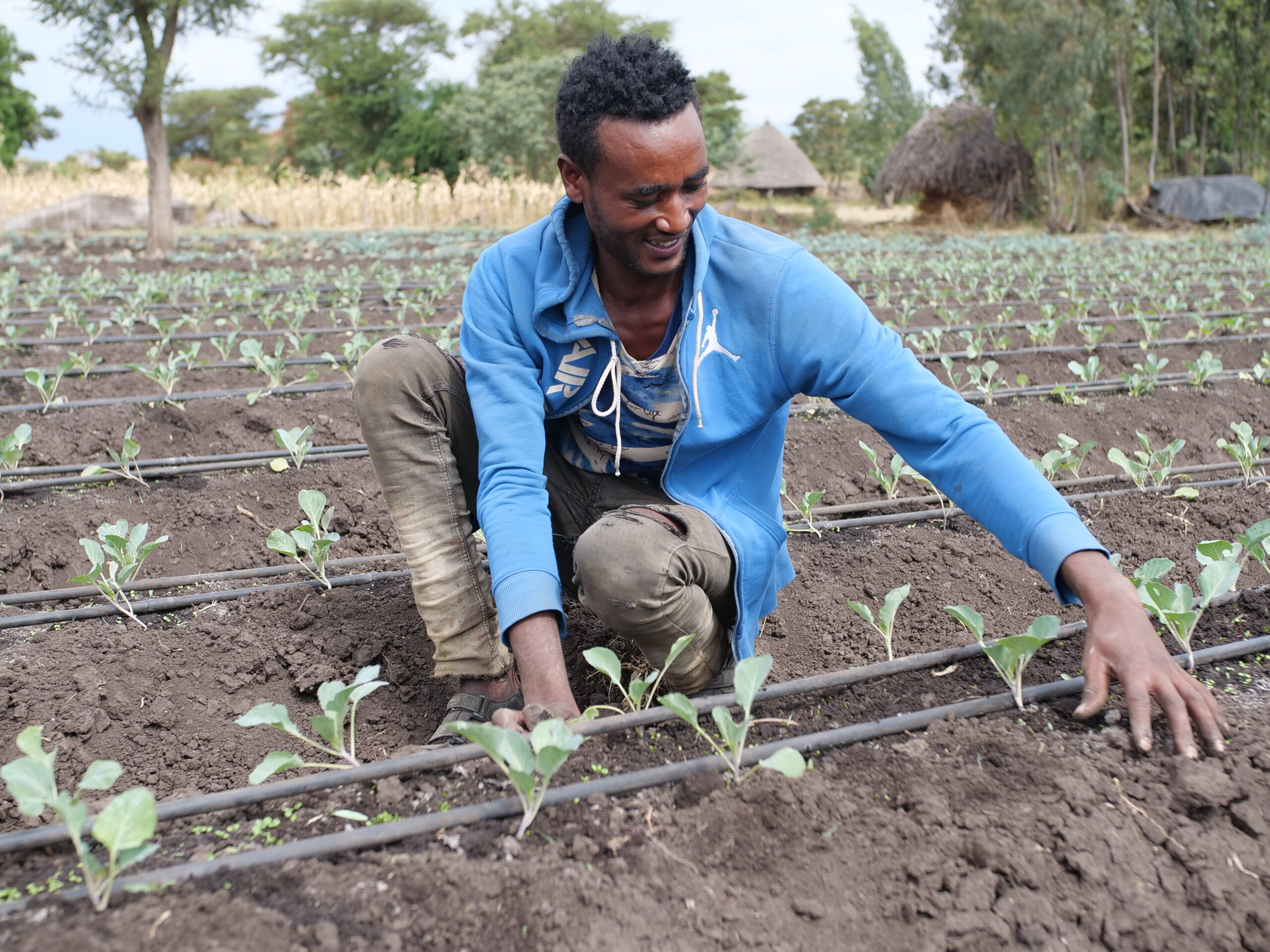Hazera seeds, together with JDC, the global Jewish humanitarian organization, and its local representative Greenlife, has launched a two-year pilot program in Ethiopia. The project is part of TOV (‘Tikkun Olam Ventures’), JDC’s agricultural development project, that implements innovative agricultural technology (AgTech) to support and advance the businesses of smallholder farmers in developing countries, who currently use traditional farming methods.
Building on JCD’s decades-long and worldwide experience in collaborating with partners and companies such as Hazera, this program has been initiated to aid Ethiopia’s millions of smallholder farmers in increasing their crop yield with the help of AgTech.
Providing the foundation for success
The program started with seven demonstration sites, collaborating with local unions, MOAs and agricultural suppliers. Already in its second year, this collaboration has expanded to dozens of demo sites in targeted areas such as SNNPR, Amhara, and North Shewa to support hundreds of farmers growing tomatoes, onions, and peppers with the use of Israeli drip irrigation and fertilization systems. This technical support leads to enhanced productivity and better lives among the farmers, their families, and wider communities.
Local farmers unions and agribusinesses will also help the farmers get fair prices for their produce in previously untapped markets. TOV successfully managed to create a “Revolving Fund” model, which encourages the unions to adopt directed skillset and gives them the ability to purchase the seeds independently.
Hybrid seeds for a better yield
To achieve success, the JDC and Greenlife teams transfer the cultivational practices and knowledge needed to grow modern hybrid vegetables, with Hazera providing the hybrid seeds suited for the local growing conditions in Ethiopia. The goal of the program is to reach thousands of Ethiopian farmers over the next years.
One of these farmers is Mussa Jemal of Gurage. He shared that “Before partnering with the Greenlife and JDC, I planted local OPV vegetable crops, but since joining the project, I have access to Hazera’s hybrid vegetable seeds and seedlings, including Tomato Galilea, Hot Pepper Serenade Explorer and Onion Russet.”
“On top of these hybrid resources, the project also offers regular technical advice and extension services,” Jemal continued, “I’ve gained knowledge and skills to produce better quality yields by following the recommended agronomic practices and production protocols.”
Jemal proudly noted that based on the crop’s performance in the field, he anticipates a better yield this season.
The power of knowledge
Farmer Awgechew Betere, from Menjar Shenkora of Amhara, describes the importance of the knowledge transfer of the program and how it has helped his business.
“I’m getting regular technical support and extension advice on improving agronomic practices,” he said. “This includes irrigation, monitoring diseases and pests, fertigation, the application of pesticides and staking methods.”
Betere added that “all of this has improved my knowledge and skills in vegetable production. Thanks to the program, I’m sure I will get a better yield and income from the production. Furthermore, many of my neighbors have visited my farm and were motivated to produce hybrid vegetable crops as well next season!”
A fruitful collaboration
“As a leading seeds company in Africa and particularly in Ethiopia, we harness our strength and product portfolio for the good of this enterprise,” said Haggai Breslauer, the Sales Manager for Africa at Hazera. “Supported by our vast experience, we strongly believe that the combination of our added value of higher quality yield and the ability to compete with the challenging growing conditions brings significant advantages to the growers and their communities. This collaboration bears fruits of success, and we are proud to be part of this project!”












